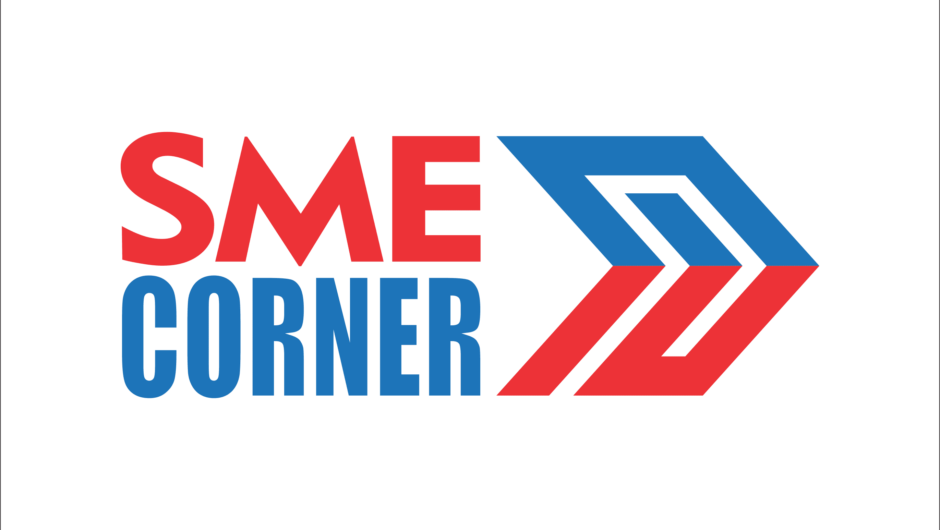Mortgage Loan Modifications: When and How to Do It about 60 words
A mortgage loan modification is a change made to the original terms of your mortgage agreement to help you make your payments more manageable. This guide will cover when and how to modify your mortgage loan, including the types of modifications available, the eligibility requirements, and the steps you need to take to request a modification from your lender.
What is a Mortgage Loan Modification?
A mortgage loan modification is a change made to the original terms of your mortgage agreement by your lender. This change is designed to help you make your monthly mortgage payments more manageable, usually by reducing your interest rate, extending the term of your loan, or reducing your principal balance. The goal of a mortgage loan modification is to help you avoid foreclosure and stay in your home by making your mortgage payments more affordable.
Types of Mortgage Loan Modifications
There are several types of mortgage loan modifications available, including:
- Interest rate reduction: This type of modification reduces the interest rate on your mortgage, which can lower your monthly payment.
- Term extension: This type of modification extends the length of your mortgage term, which can lower your monthly payment by spreading your remaining balance over a longer period of time.
- Principal reduction: This type of modification reduces the amount of principal you owe on your mortgage, which can lower your monthly payment and help you build equity in your home faster.
- Forbearance: This type of modification allows you to temporarily reduce or suspend your mortgage payments due to a financial hardship.
- Combination modification: This type of modification combines two or more of the above modifications to create a custom solution tailored to your specific financial situation.
It’s important to note that not all lenders offer all types of mortgage loan modifications, and eligibility requirements may vary.
Eligibility for Mortgage Loan Modification
Eligibility for a mortgage loan modification depends on several factors, including:
- Financial hardship: You must be experiencing a financial hardship, such as a job loss, divorce, or medical emergency, that makes it difficult for you to make your monthly mortgage payments.
- Income: You must have a steady income that is sufficient to make your modified mortgage payments.
- Loan type: Not all types of loans are eligible for modification, and some lenders may only modify loans that they currently service.
- Loan status: Your loan must not be in default, and you must not have missed more than one or two payments in the past several months.
Homeowner occupancy: You must occupy the home as your primary residence.
It’s important to note that eligibility requirements may vary depending on your lender and the type of mortgage loan modification you are seeking. It’s best to contact your lender directly to determine your eligibility for a mortgage loan modification.
How to Request a Mortgage Loan Modification
If you are interested in requesting a mortgage loan modification, here are the steps you should take:
- Contact your lender: Reach out to your lender as soon as possible to express your interest in a mortgage loan modification. Your lender will provide you with the necessary forms and instructions to begin the process.
- Gather documentation: You will need to provide documentation to support your request, including proof of income, tax returns, bank statements, and a hardship letter explaining your financial situation.
- Complete the application: Fill out the application and submit it along with your supporting documentation to your lender.
- Wait for a decision: Your lender will review your application and determine your eligibility for a mortgage loan modification. This process may take several weeks or even months.
- Negotiate the terms: If you are approved for a mortgage loan modification, you will need to negotiate the terms with your lender, including the new interest rate, term, and monthly payment.
- Sign the agreement: Once you and your lender have agreed to the new terms, you will need to sign a modification agreement and begin making your new mortgage payments.
It’s important to note that the mortgage loan modification process can be complex and time-consuming, and not all requests are approved. It’s best to work with a housing counselor or attorney who can guide you through the process and help you negotiate with your lender.
Pros and Cons of Mortgage Loan Modification
Pros of Mortgage Loan Modification:
- Lower monthly payments: A mortgage loan modification can result in lower monthly payments, making it easier for you to make ends meet.
- Avoid foreclosure: If you are facing the possibility of foreclosure, a mortgage loan modification can help you avoid this outcome and keep your home.
- Improved credit score: By avoiding foreclosure and making your modified mortgage payments on time, you can improve your credit score over time.
- More favorable loan terms: A mortgage loan modification can result in more favorable loan terms, such as a lower interest rate or longer loan term.
Cons of Mortgage Loan Modification:
- Extended loan term: A mortgage loan modification may extend the length of your loan term, meaning you will be making payments for a longer period of time.
- Additional fees and costs: Some lenders may charge fees for processing a mortgage loan modification, which can add to your overall cost.
- Negative impact on credit score: Applying for a mortgage loan modification can have a negative impact on your credit score, even if you are approved.
- Uncertainty about approval: There is no guarantee that your lender will approve your request for a mortgage loan modification, and the process can be lengthy and uncertain.
It’s important to carefully weigh the pros and cons of a mortgage loan modification before deciding if it’s the right option for you. It’s also recommended to seek advice from a housing counselor or attorney who can help you navigate the process and negotiate with your lender.
Conclusion
In conclusion, a mortgage loan modification can be a valuable tool for homeowners who are struggling to make their mortgage payments. By modifying the terms of your loan, you can potentially lower your monthly payments and avoid the possibility of foreclosure. However, it’s important to carefully consider the pros and cons of this option before making a decision, as there may be additional fees and costs, and the process can be uncertain. If you’re considering a mortgage loan modification, it’s recommended to seek advice from a housing counselor or attorney who can help guide you through the process and negotiate with your lender.
Also Read:
- Conditional Mortgage Approval: Tackling The Common Questions
- How Much Is Life Insurance In Canada?
- What are financial smart goals?
- WHAT ARE THE 5 STEPS OF FINANCIAL PLANNING?

Hello, I am Tanisha Kriplani, graduated in computer science from Delhi University. I am passionate about web content writing and have a strong interest in Data Analytics and Data Engineering.












